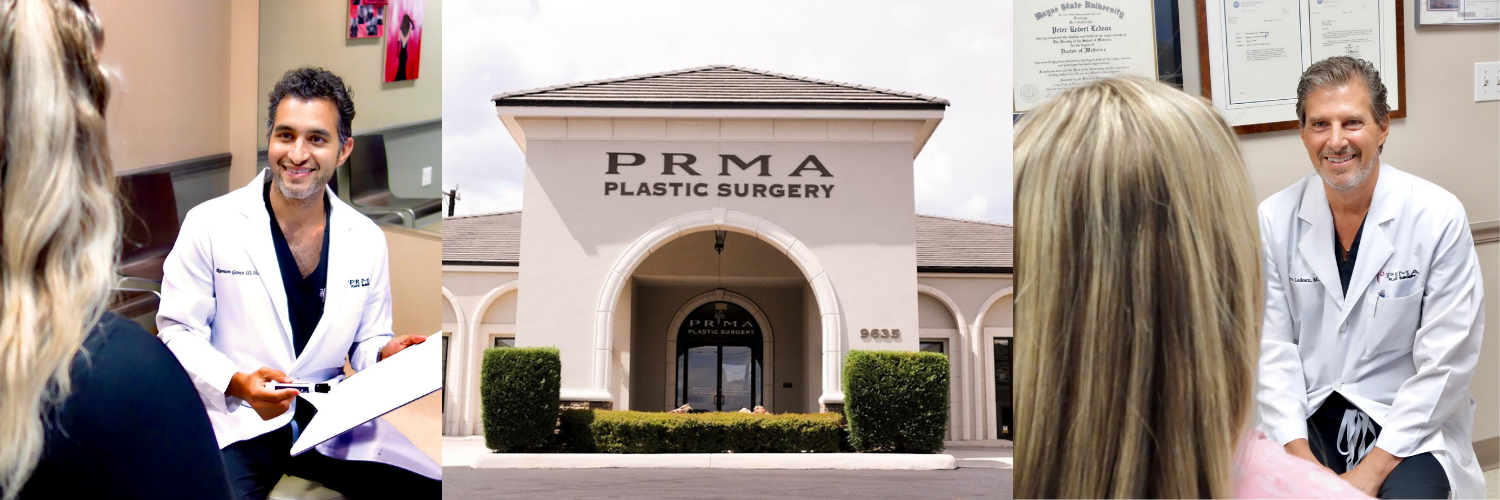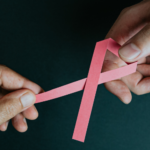
If you have a loved one who is preparing for or recovering from a mastectomy, there are a few things you should avoid saying – and a few things you should say instead.
Don’t say “You’re too young to have a mastectomy.”
Regardless of how old or young a person is, they have made the decision to have a mastectomy surgery because it is the best option for them – often after a great deal of research and analysis of all of their options.
While nothing is ever guaranteed, for individuals who are good candidates, preventative mastectomy can be a lifeline. A preventative mastectomy can lower the chance of getting breast cancer by up to 95% for women at high risk, especially those with the BRCA1 or BRCA2 mutation.
Try instead: “Clearly, you had to make a significant decision. Do you feel comfortable talking about it further?
Don’t say, “You didn’t even have cancer.”
This comment is specifically directed towards previvors. If you know a previvor, avoid asking this question because it minimizes their experience and seems like a slap in the face. The choice to have a prophylactic double mastectomy is extremely tough. Even if this individual had not been diagnosed with cancer, it was possible they might have been in the future if they had not chosen to take preventative measures.
Try instead: You are so brave and proactive in making this difficult decision.
Don’t say, “This seems like a free boob job!”
Although this may seem obvious, a mastectomy is part of cancer treatment. This procedure is being performed on someone who is battling a life-threatening illness. They would give almost anything to be free of the cancer that has taken over their bodies. Their hopes are considerably greater than just getting a boob job.
A mastectomy should be referred to as an amputation rather than a boob job. The treatment involves removing as much tissue as possible, some surrounding skin, and, in rare cases, the nipple. In most cases, the area loses all sensation and there is not much left of the original breast. Although the breast can be restored, the implant of fat transfer must be held in place by numb skin. As a result, the final product is a prosthetic breast.
Try instead: “How are you feeling? Is there anything I can do at this specific moment?”
Don’t say, “Your scars are so big!”
Most people who have had a mastectomy are already self-conscious about anything related to their reconstruction. If you point out anything that is considered a flaw, such as a scar, it will most likely stick with them for the rest of their lives as something visible or attention-getting.
Try instead: “You are so brave and beautiful inside and out!”
Don’t say, “Aren’t you relieved you never have to think about breast cancer again?”
Regardless of why someone had a mastectomy, they are probably going to continue thinking about cancer and their cancer risk. Yes, a mastectomy can lower the chance of a breast cancer diagnosis or recurrence, but there is no guarantee. Furthermore, someone who possesses a gene that puts them at a higher risk for breast cancer may also be at a higher risk for other cancer.
Try instead: “Are there any specific ways I can better support you post-mastectomy?”
If you are unhappy with your final results please know there are options. At PRMA, we specialize in correcting failed reconstruction. If you are unhappy with your reconstruction and would like to learn more about your options click here.
To schedule a consultation please call us at 800-692-5565 or complete our free virtual consultation form HERE.
It is a great honor to be part of a team with such a rich tradition of excellent patient care, shares Dr. Andrew Gassman, the newest surgeon to join the PRMA team. Years and years of procedure fine tuning with individualized care means our patients truly benefit from both efficiency and experience.
Leave Comment












No Comments